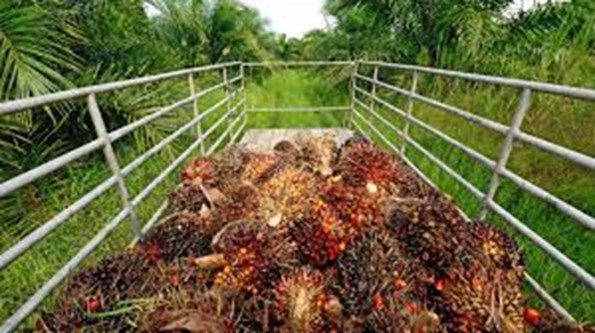
Biofuels are important for many reasons. First, biofuels may be derived from resources available in the United States. Currently, we rely on imported oil to produce gasoline for vehicles. Getting oil imported relies on trade agreements, shipping, and many other factors related to international trade. In addition, 93 percent of our transportation fuels come from petroleum, unlike other energy sectors which can rely on several sources of energy.
Biofuels are a promising alternative for liquid type transportation fuel that historically comes from petroleum.
The recent development of biofuels has been driven by three key global challenges:
1) Energy security
Energy security is the constant availability and supply of affordable energy for consumers and industry. Risks to energy security include, for example, disruptions to the supply of imported fossil fuels, limited availability of fuel, and energy price spikes. The possibility of deriving biofuels from locally grown sources and using them as alternatives to petrol products is attractive for many countries, including the UK, that currently depend largely on fossil fuels.

2) Economic Development
Investment in biofuels could lead to a significant boost in economic development, including the creation of new jobs and new sources of income for farmers. This would be of particular benefit to developing countries in which a large proportion of the population are employed in agriculture. Global economic growth has contributed to a dramatic rise in world energy demand. In developing countries, energy consumption is predicted to increase by 84 per cent by 2035, and new sources of energy, such as biofuels, may have a role to play in meeting this demand.
3) Mitigation of Climate Change
In the UK, transport accounts for around a fifth of total greenhouse gas emissions. It is hoped that, with appropriate production methods, biofuels will produce significantly fewer greenhouse gas emissions than are currently produced by fossil fuels. The apparent potential of biofuels to address all three of the above challenges makes them an attractive option to policy makers.
The new national biofuels policy, approved by the Union cabinet recently, has an economic rationale and an environmental dimension. The policy is aimed at expanding the sources of biofuels and increasing their production when conventional
fuels like oil are becoming costly.
The policy will help to boost the production of biofuels like ethanol by allowing their production from a wider range of raw materials. Till now, only molasses derived from sugarcane could be used for ethanol production.
The new policy allows it to be produced from sugar beet, corn, damaged food grains,
vegetables like potatoes and crop residue such as wheat and rice stubble and urban and rural solid waste. Farmers can sell their excess produce to ethanol-making units with permission from a committee specially set up for the purpose. Ethanol is blended with petrol so that the consumption of petrol can be reduced. Biodiesel is also produced to cut down on the use of diesel.
Most of the raw material that can be used as feedstock for biofuels is going waste now. Farmers can gain additional income by selling them to biofuel producers. Biofuels can also be produced at less cost than now.

At present, oil companies find it difficult to get ethanol at economical prices because sugar factories sell it to alcohol producers at higher prices. The use of solid waste and crop stubble for biofuel production will benefit the environment as it will reduce pollution.
The hazards of burning crop stubble and the problems of solid waste management are well-known. It is estimated that the availability of ethanol, which is about 2 billion litres now, can be increased to over 40 billion litres in a few years if production is scaled up with multiple feedstock.
There is a plan to set up 12 major biofuel refineries which will sell ethanol to oil companies. While the policy and the plans based on it are welcome, they may face major challenges. The technology to make ethanol from feedstock other than sugar molasses is still under development. High investments are needed for setting up biofuel refineries.
The logistics of and the infrastructure for collection of feedstock from farms, homes and other places are formidable. There is also the likelihood of misuse of the policy. Sugarcane may be diverted for production of ethanol instead of sugar when surplus or damaged food grains. The same possibility exists with vegetables also. This will have serious consequences on food security. So, the implementation of the policy should be monitored to avoid unintended and undesirable consequences.
Chander Mohan
Krishi Jagran/New Delhi










